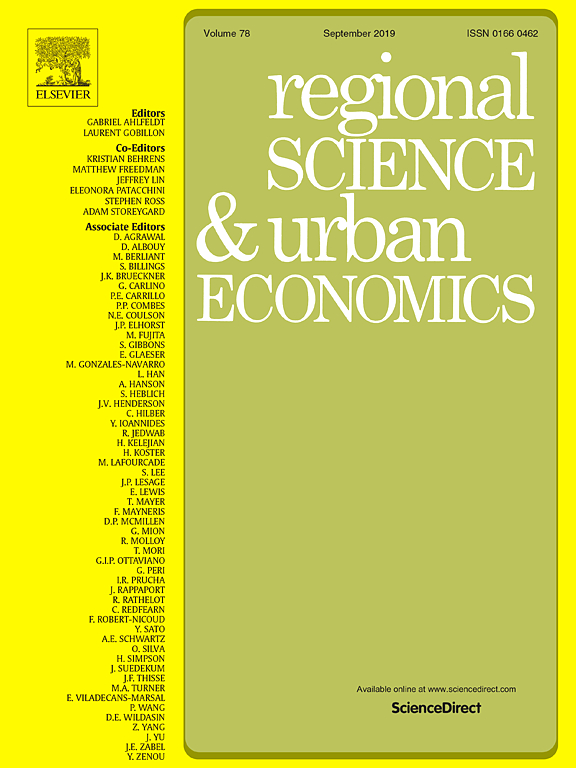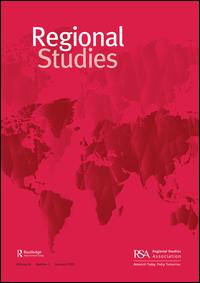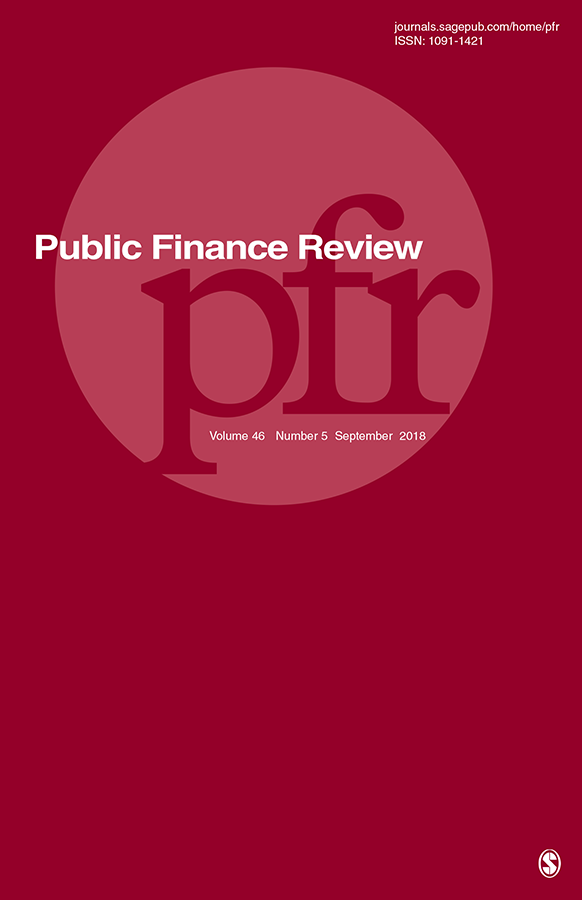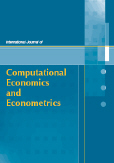Evaluierung von Subventionsprogrammen
Diese Forschungsgruppe untersucht die Effekte von Produktions- und Wissensnetzwerken auf die Produktivität von Unternehmen und Regionen. Darüber hinaus werden Wirkungen staatlicher Förderprogramme für Forschung und Entwicklung sowie regionalpolitischer Programme auf die Leistungsfähigkeit von Unternehmen und Regionen evaluiert.
Zentrum für evidenzbasierte Politikberatung (IWH-CEP)
Forschungscluster
Wirtschaftliche Dynamik und StabilitätIhr Kontakt

Mitglied - Abteilung Präsidialbereich
PROJEKTE
09.2019 ‐ 09.2022
Etablierung einer evidenzbasierten Evaluationskultur für industriepolitische Fördermaßnahmen in Deutschland (EVA-KULT)
Europäischer Fonds für regionale Entwicklung (EFRE)
Das Vorhaben dient dem Ausbau des Zentrums für evidenzbasierte Politikberatung am Leibniz-Institut für Wirtschaftsforschung Halle (IWH-CEP).
01.2018 ‐ 12.2020
Vernetzt wachsen - Innovatives Sachsen-Anhalt durch digitale Geschäftsmodelle (Kompetenzzentrum 4.0)
Bundesministerium für Wirtschaft und Energie (BMWi)
01.2017 ‐ 12.2018
Politische Partizipation in Ostdeutschland
Bundesministerium für Wirtschaft und Energie (BMWi)
12.2015 ‐ 11.2018
Sozioökonomische Effekte der Erforschung innovativer Ansätze für die POC-Diagnostik
Bundesministerium für Bildung und Forschung (BMBF)
Teilvorhaben im Verbundprojekt “POC-Sensorplattform für chronisch-entzündliche Atemwegserkrankungen (EXASENS)”. Neun Leibniz-Institute arbeiten gemeinsam im Pilotprojekt EXASENS an der Erforschung einer Point-of-Care-Technologie zur Vorhersage und Diagnose von chronisch-entzündlichen Atemwegserkrankungen. Der Verbund wird vom Bundesministerium für Bildung und Forschung (BMBF) mit 6,25 Millionen Euro gefördert und liefert einen Beitrag zum Ausbau und zur Stärkung des Themenfeldes Gesundheitstechnologien.
Vgl. Pressemitteilung des Leibniz-Institut für Photonische Technologien (IPHT), Jena.
02.2017 ‐ 02.2018
Bedeutung außeruniversitärer Forschungseinrichtungen für die Entwicklung von Betrieben und Regionen
Bundesministerium für Bildung und Forschung (BMBF)
01.2015 ‐ 12.2016
Evaluierung der GRW-Förderung in Sachsen-Anhalt
Investitionsbank Sachsen-Anhalt
Referierte Publikationen

The Regional Effects of a Place-based Policy – Causal Evidence from Germany
in: Regional Science and Urban Economics, November 2019
Abstract
The German government provides discretionary investment grants to structurally weak regions in order to reduce regional inequality. We use a regression discontinuity design that exploits an exogenous discrete jump in the probability of regional actors to receive investment grants to identify the causal effects of the policy. We find positive effects of the programme on district-level gross value-added and productivity growth, but no effects on employment and gross wage growth.

The Impact of Innovation and Innovation Subsidies on Economic Development in German Regions
in: Regional Studies, Nr. 9, 2019
Abstract
Public innovation subsidies in a regional environment are expected to unfold a positive economic impact over time. The focus of this paper is on an assessment of the long-run impact of innovation and innovation subsidies in German regions. This is scrutinized by an estimation approach combining panel model and time-series characteristics and using regional data for the years 1980–2014. The results show that innovation and innovation subsidies in the long run have a positive impact on the economic development of regions in Germany. This supports a long-term strategy for regional and innovation policy.

Vertical Grants and Local Public Efficiency
in: Public Finance Review, Nr. 3, 2019
Abstract
The existing empirical literature on the impact of vertical grants on local public-sector efficiency yields mixed results. Given the fact that vertical financial equalization systems often reduce differences in fiscal capacity, we argue that empirical studies based on cross-sectional data may yield a positive relationship between grants and efficiency of public service production even when the underlying causal effect is not. We provide a simple illustrative theoretical model to show the logic of our argument and illustrate its relevance by an empirical case study for the German state of Saxony-Anhalt. We show that our main argument of an inference-disturbing effect applies to those existing studies that are more optimistic about the impact of vertical grants. Finally, we argue that it may disturb the inference drawn from studies in a number of other countries where vertical grants—intended or not—concentrate in fiscally weak municipalities.

Do Diasporas Affect Regional Knowledge Transfer within Host Countries? A Panel Analysis of German R&D Collaborations
in: Regional Studies, Nr. 1, 2019
Abstract
Interactive regional learning involving various actors is considered a precondition for successful innovations and, hence, for regional development. Diasporas as non-native ethnic groups are regarded as beneficial since they enrich the creative class by broadening the cultural base and introducing new routines. Using data on research and development (R&D) collaboration projects, the analysis provides tentative evidence that the size of diasporas positively affects the region’s share of outward R&D linkages enabling the exchange of knowledge. The empirical analysis further confirms that these interactions mainly occur between regions hosting the same diasporas, pointing to a positive effect of ethnic proximity rather than ethnic diversity.

Innovation Cooperation in East and West Germany: A Study on the Regional and Technological Impact
in: International Journal of Computational Economics and Econometrics, 3/4 2018
Abstract
In this paper, we investigate the impact of regional and technological innovation systems on innovation cooperation. We develop an indicator applicable to regions, which demonstrates the relative regional impact on innovation cooperation. Applying this method to German patent data, we find that regional differences in the degree of innovation cooperation do not only depend on the technology structure of a region but also on specific regional effects. High-tech oriented regions, whether east or west, are not automatically highly cooperative regions. East German regions have experienced a dynamic development of innovation cooperation since re-unification in 1990. Their cooperation intensity remains higher than in West German regions.














